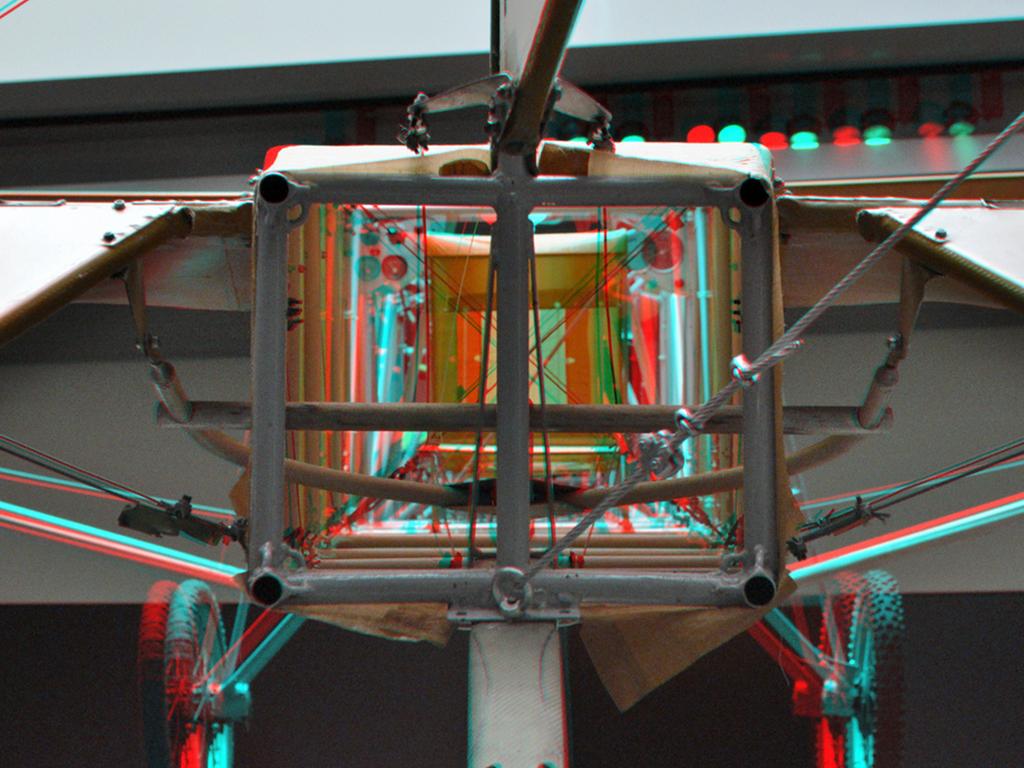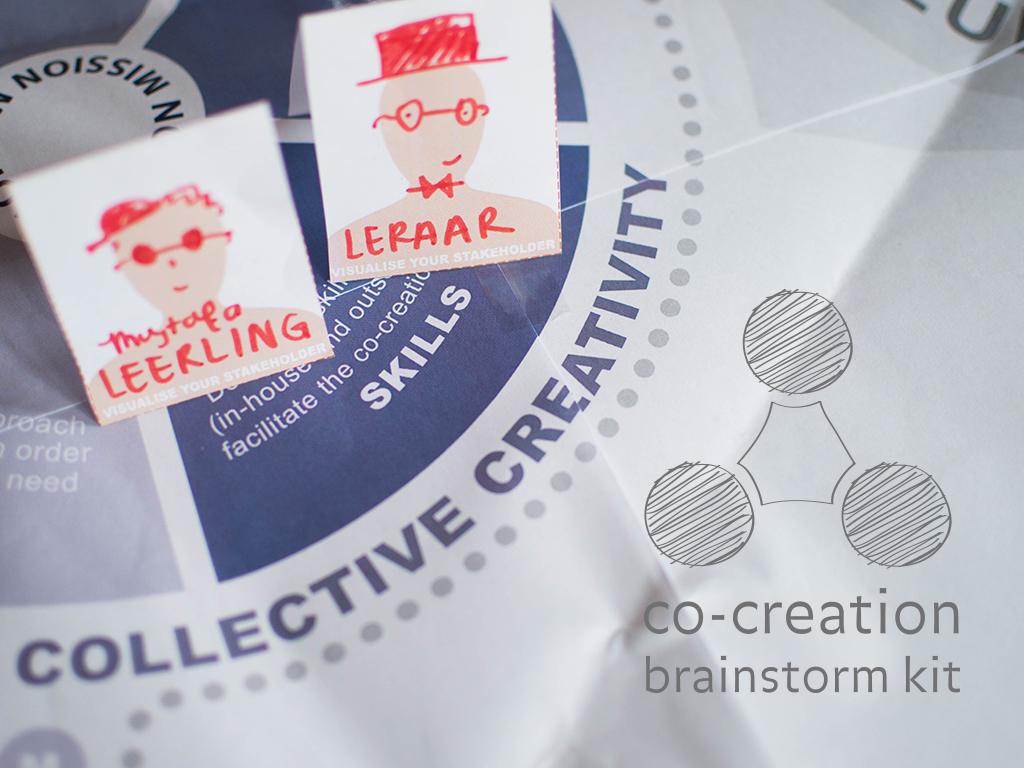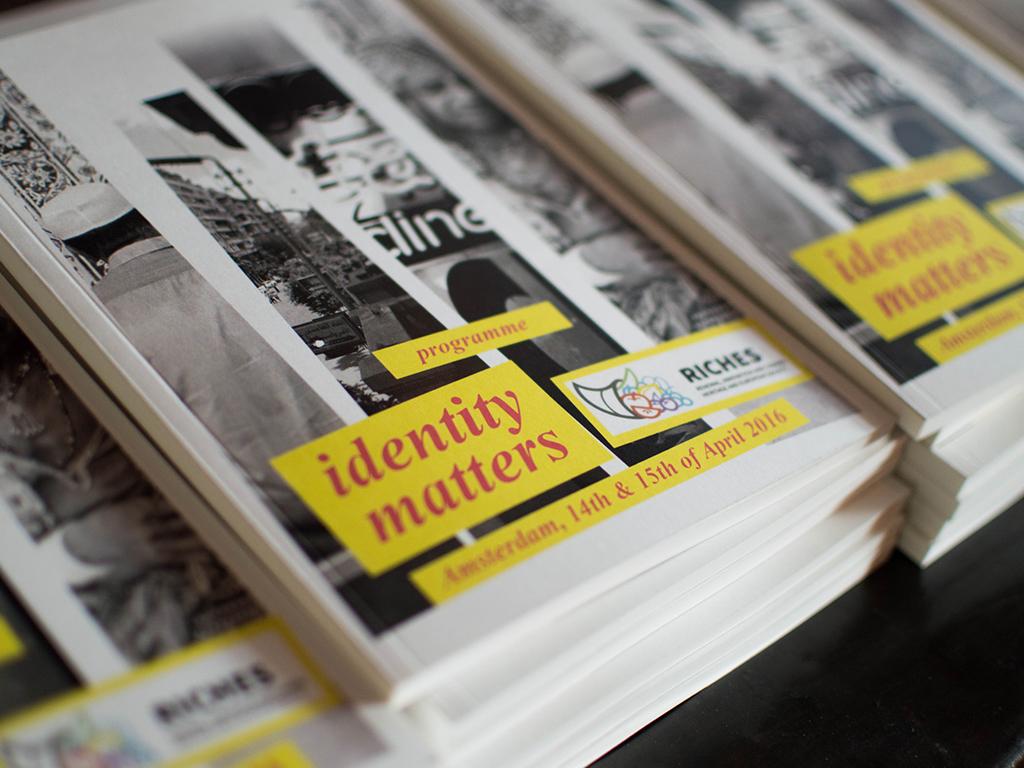Per 1 December 2013 the project RICHES has started. This research focuses on the power of our heritage in a changing society:
- How can a more diversified society use its heritage as a social (binding) and economic (productive) asset?
- How can heritage be of (better) value for the arts and the creative field and used by curators and other economic actors?
The kick-off took place in Brussels on 9 and 10 December. Cultural heritage is often more about what it is than about who we are. Although heritage is frequently named as a rich source for identity formation, social cohesion and creativity, it not always very accessible, but locked away in archives - only available in a foreign language - or it seems to handle a past that is (only) relevant to a few people (youngsters, newcomers in Europa). But all of this is changing, influenced by digital technology, that forces us to reconsider how our heritage institutions are functioning and how they correlate to the individual perception of heritage.
RICHES researches this together with partners from six EU countries and Turkey. The interdisciplinairy team wil research the changes in modern Europe in relation to 'the context of change in which our (European) heritage is preserved, presented and used, on behalf of an inclusive approach of all target groups and communities'. This contains a number of ‘tricky’ assumptions: what is ‘European’?, and what is ‘heritage’?, what is ‘inclusive’?
To avoid confusion concerning all possible ways to define things, the project goes for an open approach: we will look how young people are expressing themselves in media, apart from the question whether this could be called heritage; we will look at the value of multi culturality, apart from the question to which community one belongs and we will try to combine traditional with innovative methods and instruments, like co-creation sessions with youngsters from an multi cultural background.
The partners will also perform case studies in the field of copyright and intellectual ownership, with the possible obstacles in mind when deploying heritage. And we will research the economical and social purposes of heritage, with a focus on social cohesion, ‘21st century skills’ and creativity. Think of interventions like a DIY-expo in an ethographic museum, curated by youngsters to confront their 'living media' approach with the traditional practice of a post-colonial museum. At least, that is what we intend to do with Museum Volkenkunde in Leiden, working with young, active professionals from a rich cultural background.
The results of RICHES will be advice on policies and a ‘toolset’ for policy makers, creatives and the heritage sector to (better) use heritage within the greater challenges of Europe. Just a few soundbites from this meeting:
- “recalibrating the link between institutional practice and personal experience”
- “community voices, curatorial choices”
- “mediated versus unmediated heritage”
- “importance of living heritage”
RICHES brings together multiple Waag projects and programme lines. It touches upon topics like craftmanship, open design, new business models influenced by technology, Creative Commons, co-creation processes for engagement and participatien and the makers culture (DIY, Rijksstudio, Fablab, FabSchool etc.).
Waag is a bit of an outsider in the context of this academic consortium and that's certainly a plus, when you want to discuss the changing society.
This project has received funding from the European Union’s Seventh Framework Programme for research, technological development and demonstration under grant agreement no. 612789.


